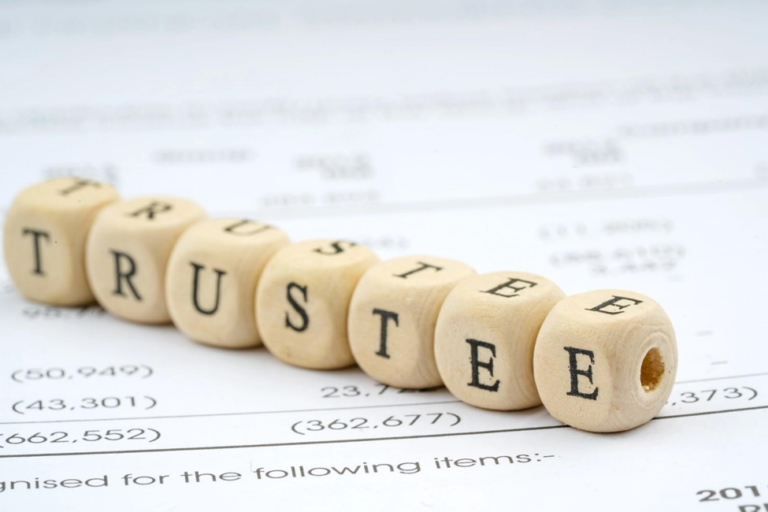Checklist Before Buying a Business

Many individuals buy an existing business because it is an enticing investment opportunity. These businesses are already established, and they may already have a solid revenue stream. However, that is not always the case. There may be hidden problems with the company or its practices. When doing your due diligence, many of these issues will be discovered, giving you a better look at whether you want to complete the purchase or not. Before finalizing any paperwork, look at this checklist before buying a business. If you have any other questions about purchasing a business, schedule a consultation with Harrison Law, PLLC, by calling (480) 320-2310.
What Do I Need To Know About Buying a Business?
Buying a business can be an exciting and complex process. Investing in any business should not be taken lightly. Potential new business owners need to understand all aspects of the company, from the client base to existing revenue streams. Any business takes significant time, money, and energy to keep its doors open. Also, buying a business is more than just a one-and-done venture. Many business owners think that all the hard work is done when they purchase an existing business. Unfortunately, the new owners must work diligently to operate the business. Knowing what to expect can help prevent any surprises when it comes time to take over an existing business.
Find the Right Type of Business
Choosing the best type of business is more than deciding between a retail store or a restaurant. The type of business structure can make a difference. According to the United States Small Business Association, you must choose a business structure that offers legal protections to benefit your business. Many business structures can be sold, including LLCs, corporations, and sole proprietorships, all of which have different benefits to consider. For example, if someone wants to purchase a corporation, it is crucial to look for a business with a solid cash flow, an excellent reputation, and proof of profitability for the past several years. Checking into the background of a business can help prevent purchasing a failing company.
Do Your Due Diligence
Before buying a business, gathering as much information about the company as possible is essential. At this stage, potential owners will want to have a lawyer and accountant examine all the documentation and records from the business. A professional accountant will look at the company’s financials, while a business attorney will help to understand the business structure and represent your interests in any negotiations.
Many business documents will exchange hands during the due diligence process, including financial statements and agreements. Sometimes, potential business owners may ask for a signed nondisclosure or confidentiality agreement when negotiating a deal. When signing that document, the potential owners agree not to disclose any confidential information they could uncover during this time. By working with an experienced business attorney, you will want to gather and check the following documents:
- Existing leases and contracts
- The business’s Certificate of Good Standing (COGS)
- Current permits and licenses
- A copy of the current organizational charts, including the chain of command, internal communication procedures, and flow of work
- A complete history of the business
- Financial records and statements
- Legal status and structure of the business
- Status of inventory, equipment, and other assets
- Environmental and zoning regulatory paperwork
Creating a checklist before buying a business can ensure all essential steps are completed. If you need legal guidance during the due diligence stage, schedule a consultation with the team at Harrison Law, PLLC.
Evaluate the Price of the Business
Buyers and sellers put different values on the business. At this stage, many business deals can fall apart. When negotiating a deal for the company, use the same pricing model. There are three business valuation methods: earning, assets, and market approaches.
Earning Approach
The earning approach will value a business based on its past, current, and project value. If the company has a history of solid profits, it will have a higher value in the market. The earning approach is the best method when buying an existing business with a history and projected earnings forecast.
Assets Approach
The assets approach will measure the business’s tangible and intangible assets minus liabilities and debts. This valuation method will consider the current fair market value of all the assets. The technique is ideal for any capital-intensive business or those not turning any profits yet.
Market Approach
Finally, the market approach will measure the company’s value by comparing it to other businesses. This method gives potential buyers a ballpark range in terms of value. The market approach is the best option when you need to account for local factors. In a few instances, this valuation method occurs when there is a wide valuation between the values of the other two approaches. If there are still discrepancies in the values, both sides can agree to allow an independent valuation professional to determine the price of the business.
Secure Financing To Close the Deal
After the due diligence stage, now is the time to secure financing for the purchase. Once again, research to find the best rate and terms for the loan. Bank loans are relatively common for these transactions. New business owners can also obtain a cash advance on a credit card or find a private investor. Plus, the government offers numerous financing options, including business loans from the United States Small Business Association per USAGov.
If all goes well, then it is time to close the deal. Having an attorney to look over the contracts and other documents is necessary. Once the new owner signs the purchase contract, the sale is completed. Closing on any deal is complex, and it often includes numerous types of documents. An attorney must review this paperwork to ensure everything is in place to transfer ownership.
Contact a Business Law Attorney Today
Using this checklist before buying a business can help reduce some of the issues involved in the process. You can have a better idea about what to expect from the pre-purchase stage to the closing of the deal. If you need an experienced business law attorney, schedule a consultation with Harrison Law, PLLC, by calling (480) 320-2310.
© 2023 Matthew W. Harrison and Harrison Law, PLLC All Rights Reserved
This website and article have been prepared by Harrison Law, PLLC for informational purposes only and does not, and is not intended to, constitute legal or financial advice. The information is not provided in the course of an attorney-client relationship and is not intended to substitute for legal advice from an attorney licensed in your jurisdiction.






